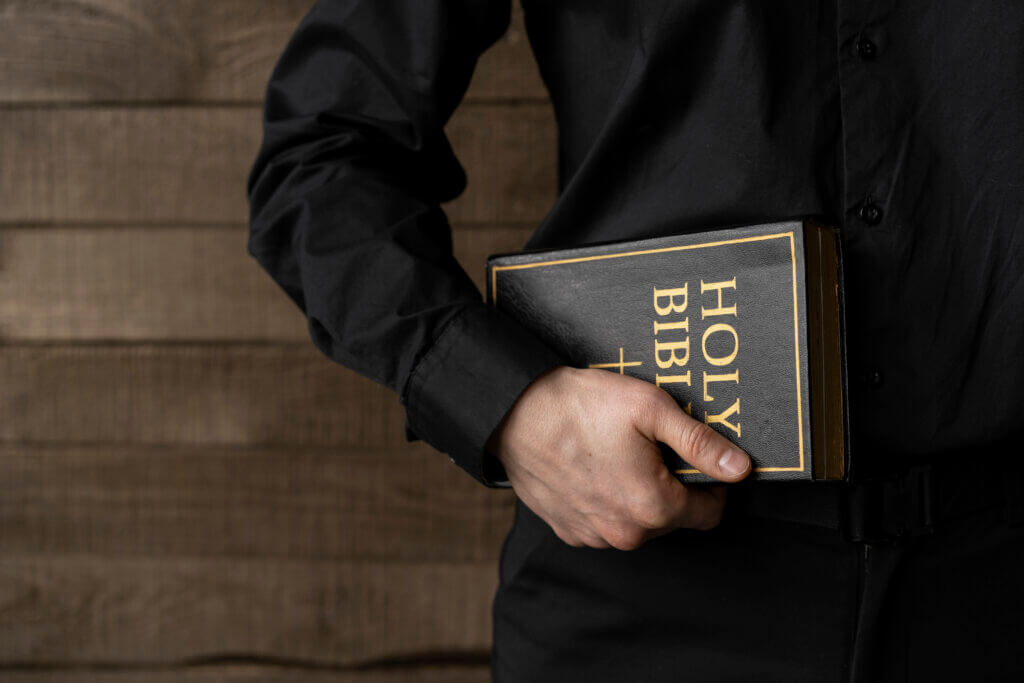
In an unforeseen turn of events, a U.S. visa rule change finalized in April has caused significant disruption to the once seamless process for foreign-born religious workers, particularly Catholic priests, seeking permanent residency in the United States.
The rule change, affecting thousands of individuals, has received minimal attention in Church circles, leaving many priests unaware of the challenges that lie ahead.
The Impact of the Rule Change on Church Leaders
Father Edgardo Rodriguez, a beloved Salvadoran priest in a California parish, recently discovered the impact of this rule change when notified by U.S. immigration authorities that he must return to his home country for one year and restart the entire process for obtaining a green card.
This abrupt alteration in the immigration process has left both the priest and his community in shock. Father Thomas Martin, the pastor of St. Pius Church, lamented, “We lost a great priest.”
The Rule Change and Its Consequences
Until April, the path to a green card for international priests was generally straightforward, granted upon approval for incardination by the local bishop.
The process typically began with an R-1 nonimmigrant religious worker visa, leading to sponsorship for permanent residency.
However, the recent rule change, prompted by a misapplication of the law, has created a backlog, leaving religious workers stranded for five to ten years before obtaining permanent resident status.
Miguel Naranjo, director of the Religious Immigration Services sector of the Catholic Legal Immigration Network, Inc. (CLINIC), explained that the immigration crisis at the southern border influenced this policy shift, leading to restrictions on applicants from El Salvador, Guatemala, and Honduras.
Seeking Solutions
Religious organizations, including the U.S. Conference of Catholic Bishops (USCCB), advocate for resolutions.
The proposed solution involves reducing the one-year waiting period before reapplying for a new R-1 visa to expedite the process and minimize disruption to pastoral placements.
However, uncertainties linger, and the religious community is exploring alternative visa programs, such as those facilitated by institutions of higher education.
High Stakes for the Church
Archbishop Joseph Naumann of Kansas City expressed disappointment and puzzlement at the government’s decision, emphasizing that the impact is beginning to be felt.
In the Archdiocese of Los Angeles, 50% of priests are foreign-born, with 10% holding temporary R-1 visas. Father Joel Henson reported that two international priests have already returned to their home countries due to visa challenges.
Future Challenges and Collaborative Efforts
The USCCB and religious leaders of various faiths have approached Congress for assistance. However, the polarized legislative environment and slow response to immigration issues create uncertainty about prompt action.
The visa rule change not only affects priests but also extends its impact to Catholic schools, nursing homes, and pastoral programs.
Father Frank Donio, executive director of the Conference of Major Superiors of Men, stressed the international character of the Church in the United States and its reliance on immigrant priests.
While expressing gratitude for the contributions of foreign-born priests and religious women, he emphasized the need for a collective resolution.
The Role of ESTA in Facilitating Immigration
The U.S. visa rule change poses a significant challenge to the Church and its reliance on foreign-born priests.
As the Church seeks solutions and advocates for resolutions, individuals need to stay informed about changes in immigration policies.
For those traveling to the U.S., the Electronic System for Travel Authorization (ESTA) remains crucial. As the situation evolves, staying updated on ESTA requirements and processes becomes even more critical for those navigating the intricate landscape of U.S. immigration.
In this challenging period, the Church and its leaders are working tirelessly to address the visa issues, ensuring that the rich tradition of international religious workers serving the needs of the U.S. Catholic community continues despite the unexpected hurdles posed by recent immigration policy changes.

